Bitcoin and Social Media: How Platforms Are Adopting Crypto and Encryption

As social media evolves alongside digital currency, a new wave of platforms—often referred to as "SocialFi"—is emerging. These platforms blend "content creation, decentralization, and peer-to-peer finance", leveraging the infrastructure and ethos of Bitcoin to empower users globally.

In this article, we’ll explore these legacy social media and their relationship with Bitcoin and crypto culture.
Bitcoin Adoption in Social Media
Bitcoin adoption in social media is driven not only by the giant Bitcoin’s brand trust and its network effects that go to the highest levels of society.

In a way centralized platforms face rising criticism over content moderation, user (shadow) bans, and opaque rules around many controversial subjects. It is maybe therefore that the integration of Bitcoin aligns platforms with a more decentralized and user empowerment position, as an alternative to the “walled gardens” of Web2.
When it comes to ‘free speech’, with many saying that it is an extension of ‘free code’. Bitcoin allows anyone, anywhere, to participate in microeconomics, and back their beliefs. Which is good for content creators and audiences in restrictive jurisdictions, as Bitcoin-based payments avoid third-party blockades and provide a way to get paid for what you are doing or sharing.
It could be by integrating Bitcoin or its principles, these social media platforms enable direct P2P financial flows. A way to reduce platform operational burdens tied to fiat rails (e.g., chargebacks, payment provider relationships), and such...

Social Media Platform-Specific Analysis
When we take a look at the biggest social media platforms that use anything related to Bitcoin's ethos, we can understand that the four main ones are doing it this way.👇
Nostr
Nostr is an open-source framework for decentralized social networks. Anyone can launch their own client and relay. It was developed in 2021 by a group of cypherpunks, and was designed as a social protocol that cannot be censored or controlled by a single entity.
It is a minimalist protocol for relaying events such as posts, messages, and updates. Each user controls their identity through cryptographic keys. Similar to keeping your own wallet.
Nostr's core community consists of privacy advocates, Bitcoiners, developers, and individuals who have been de-platformed or who seek real censorship resistance.

Bluesky
On the other hand, Bluesky is a relatively new social media network developed and promoted by Twitter co-founder Jack Dorsey. It was incubated within Twitter in 2019 by then-CEO Dorsey.
Bluesky was initiated to move social media away from centralized corporate control toward a decentralized "protocol layer," similar to email or the web, where anyone could build their own service on top. This also sounds very familiar, doesn't it?
Bluesky prioritizes user autonomy and data portability. Previously available by invitation only, it has now opened to the general public. Anyone can sign up and explore its features. The platform offers many functionalities similar to Twitter (now known as X), but one significant difference is the lack of direct messaging between users.
Bluesky reflects many of the values found in the Bitcoin community, such as decentralization and interoperability. Much of its ethos is shaped by ideas from crypto, influenced by Dorsey, one of Bitcoin's most prominent advocates.
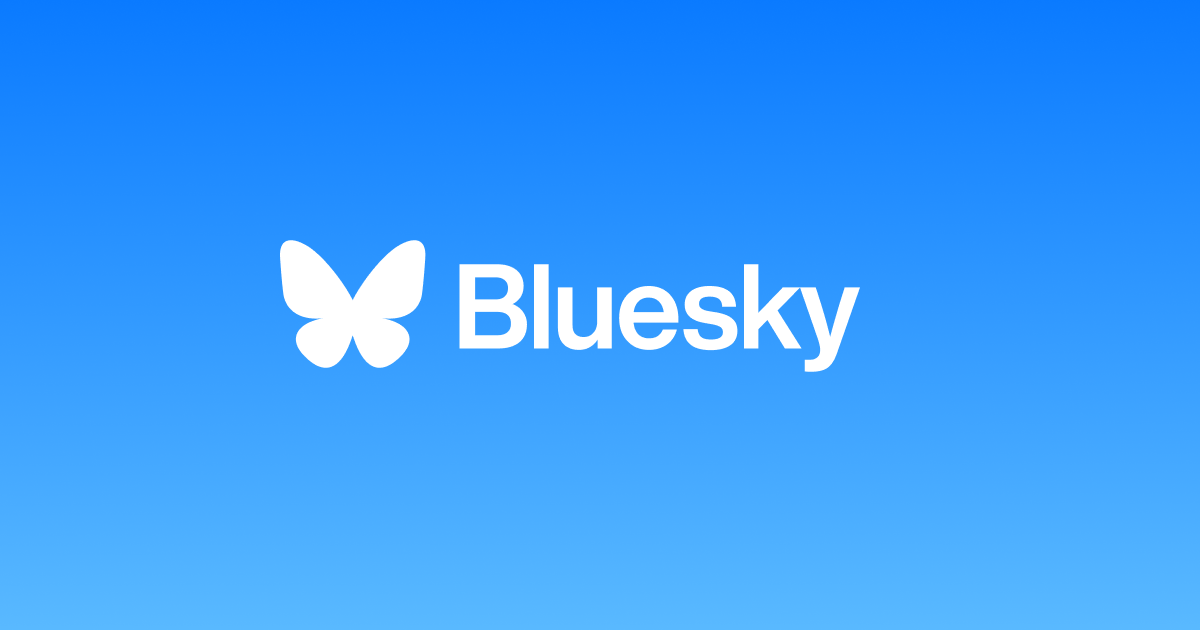
In other news, BitChat, also created by Jack Dorsey, is a new app that lets users send messages and Bitcoin transactions to each other without needing Wi-Fi or cell service.
It uses Bluetooth and mesh networks to pass messages up to 300 meters away. The app is open-source, allowing anyone interested to explore and modify its code, and it keeps all communications secure with end-to-end encryption.
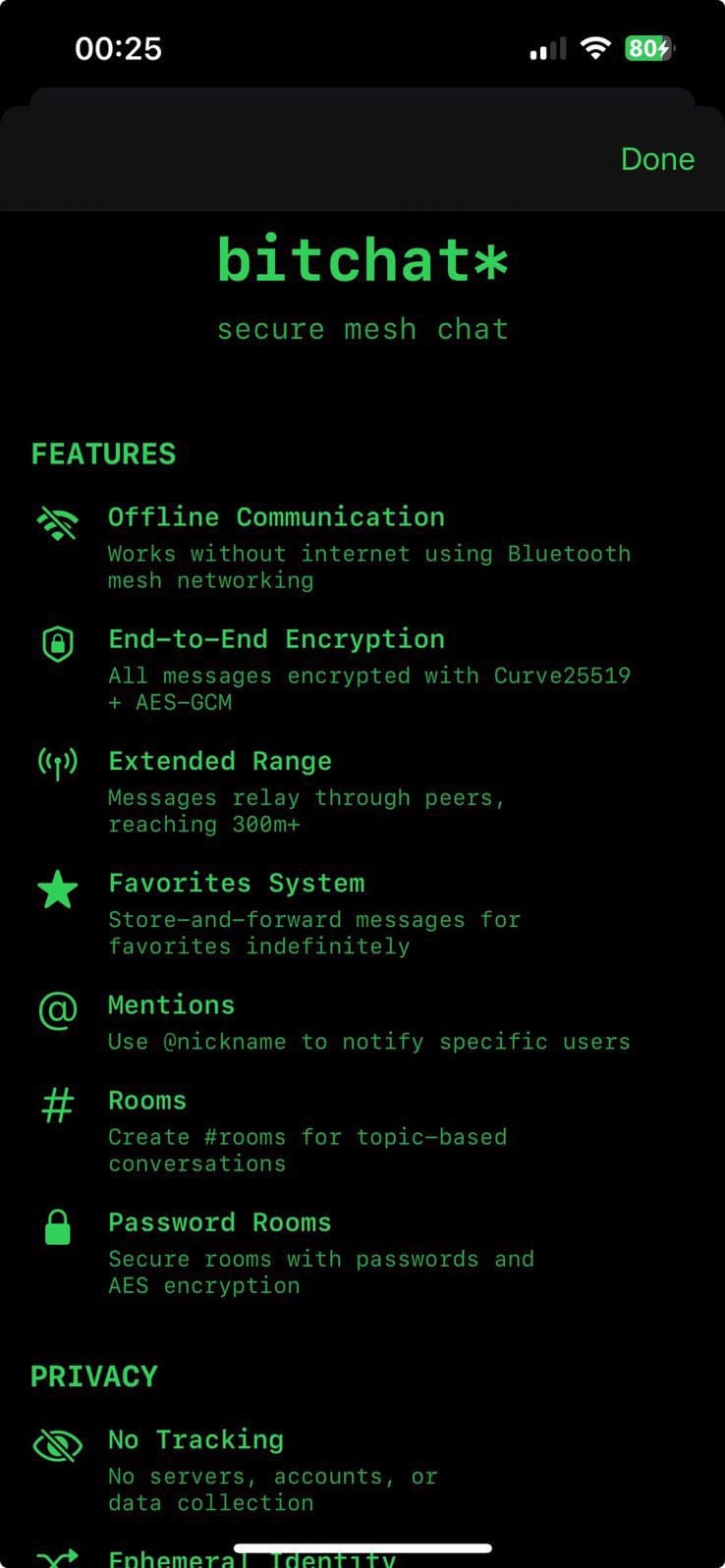
Mastodon
Another one is Mastodon that was launched in October 2016 by Eugen Rochko, a German developer addressing concerns over centralization and moderation on Twitter. Dissatisfied with how large companies controlled online discussions and user data, Rochko built Mastodon using the ActivityPub protocol.
This enabled a federated model, where dozens or thousands of independent servers, called "instances," run Mastodon software. Each instance has its own rules and community atmosphere.
Mastodon attracts privacy advocates, open-source enthusiasts, artists, technologists, band those interested in smaller, self-governing online spaces. Something that reminds us of the true Bitcoin ethos.
While many users moved away from Twitter in response to perceived censorship and content moderation controversies, it is still very small in comparison with Elon Musk's platform.
Twitter (X)
Lastly, we have our beloved crypto twitter, that has now been rebranded as X. Originally founded in 2006 by Jack Dorsey, Noah Glass, Biz Stone, and Evan Williams as a microblogging service for public communication, it quickly grew together with the popularity of crypto in general. After Elon Musk’s 2022 takeover and rebranding, X now pursues the “everything app” vision, with Bitcoin aspects integrated inside.
X has the deepest technical connection with Bitcoin among mainstream social networks. In 2021, Twitter introduced Bitcoin tipping via the Lightning Network. Beyond payment features, X has introduced encrypted direct messages for secure private communication.

When users utilize the Chat feature, X generates a private-public key pair for each user. The private key remains encrypted within X's infrastructure and is accessed only by entering a PIN that never leaves the user's device.
Each conversation uses a unique key to encrypt all message content, links, and reactions. This is also very interesting from a privacy perspective, though we must say that Bitcoin and services like these are pseudonymous and not anonymous per se.
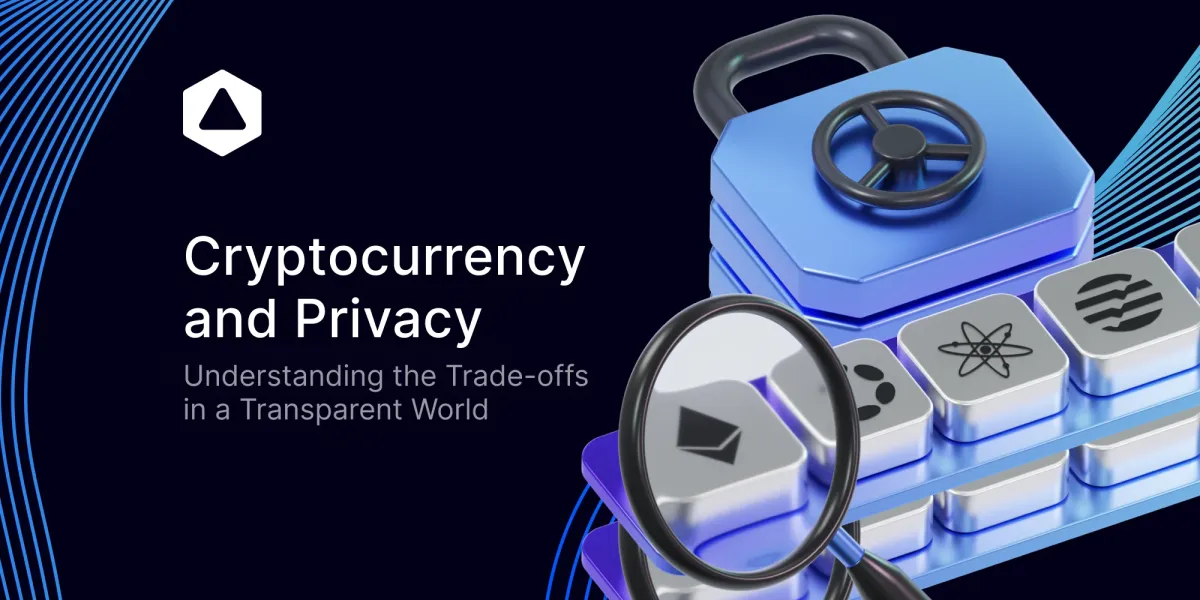
How Bitfinity Plays Into All of this…
While the Lightning Network has solved many cost/speed hurdles, it has problems managing liquidity channels, especially for less technical users. These create bottlenecks.
Setting up wallets, understanding custodial vs. non-custodial models, and remembering seed phrases are significant hurdles for non-experts. Until onboarding is as simple as a social login, adoption will skew technical.
This is why Bitfinity focuses on account abstraction and on top of that provides a way to make Bitcoin programmable. This is the most important part - to make Bitcoin programmable in a way that integrates it more deeply into platforms than before.

Future Outlook
What could happen is that these grassroots protocols keep driving bottom-up adoption, especially among privacy-conscious and technical users. Mainstream platforms like Twitter and Bluesky are watching and experimenting, and progress will be gated by UX and legal realities.
It is important to enhance Bitcoin's programmability; if necessary, this might involve assistance from Bitfinity in the future...
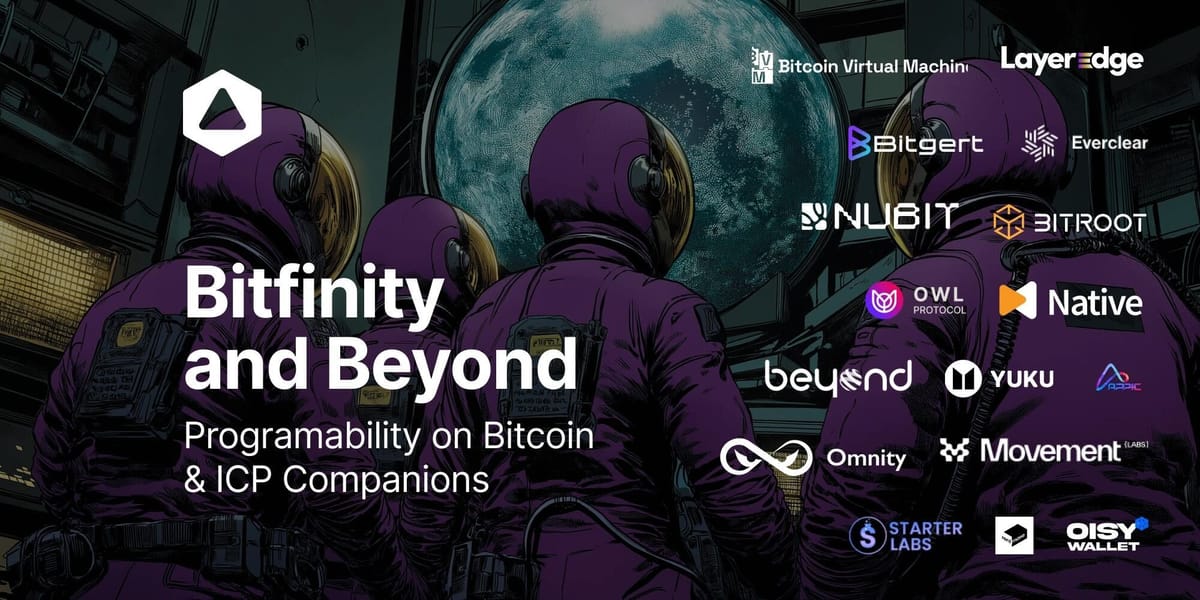
Conclusion
From federated timelines to protocol-first social web, these platforms present distinct answers to the central question: Who controls our online conversation?
Mastodon and Bluesky experiment with decentralization and user ownership. X (Twitter) is layering crypto utility atop massive reach, while Nostr builds a network as open and borderless as Bitcoin itself.
Social media and Bitcoin are redefining how we connect, share, and pay online. Whether you want privacy, censorship resistance, or just a new way to tip your favorite meme-maker, there's a platform—and a protocol—ready for you to join the conversation.

Connect with Bitfinity Network
Bitfinity Wallet | Bitfinity Network | Twitter | Telegram | Discord | Github

*Important Disclaimer: The information provided on this website is for general informational purposes only and should not be considered financial or investment advice. While we strive for accuracy, Bitfinity makes no representations or warranties regarding the completeness, accuracy, or reliability of the content and is not responsible for any errors or omissions, or for any outcomes resulting from the use of this information. The content may include opinions and forward-looking statements that involve risks and uncertainties, and any reliance on this information is at your own risk.
External links are provided for convenience, and we recommend verifying information before taking any action. Bitfinity is not liable for any direct or indirect losses or damages arising from the use of this information.











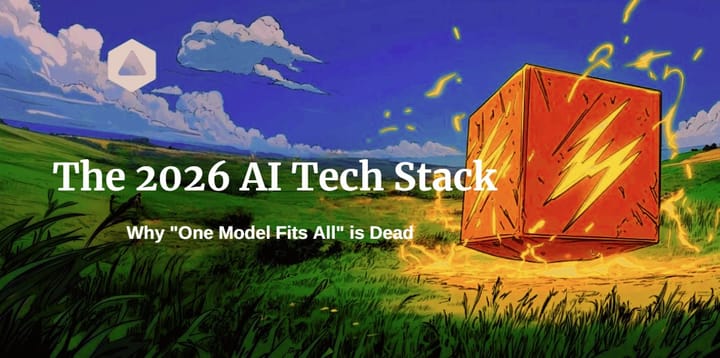
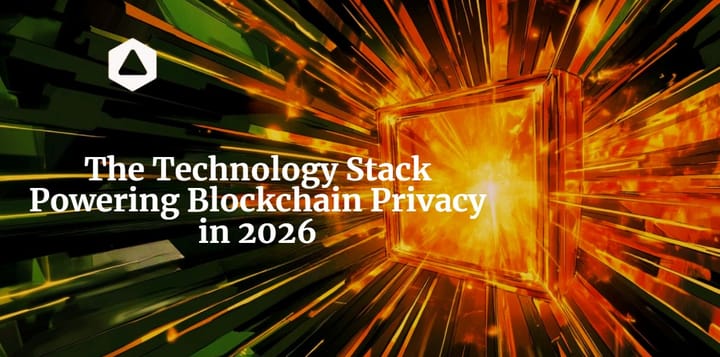
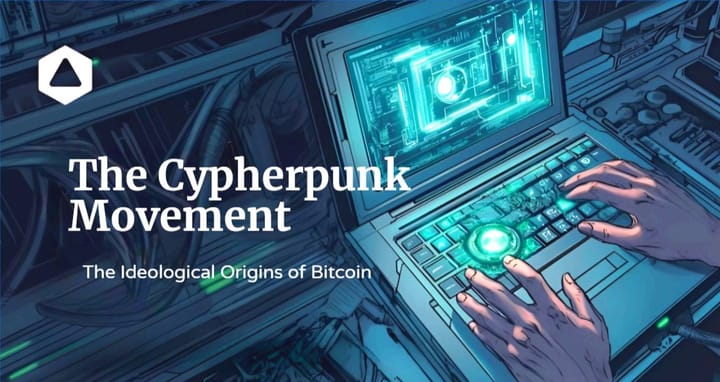
Comments ()